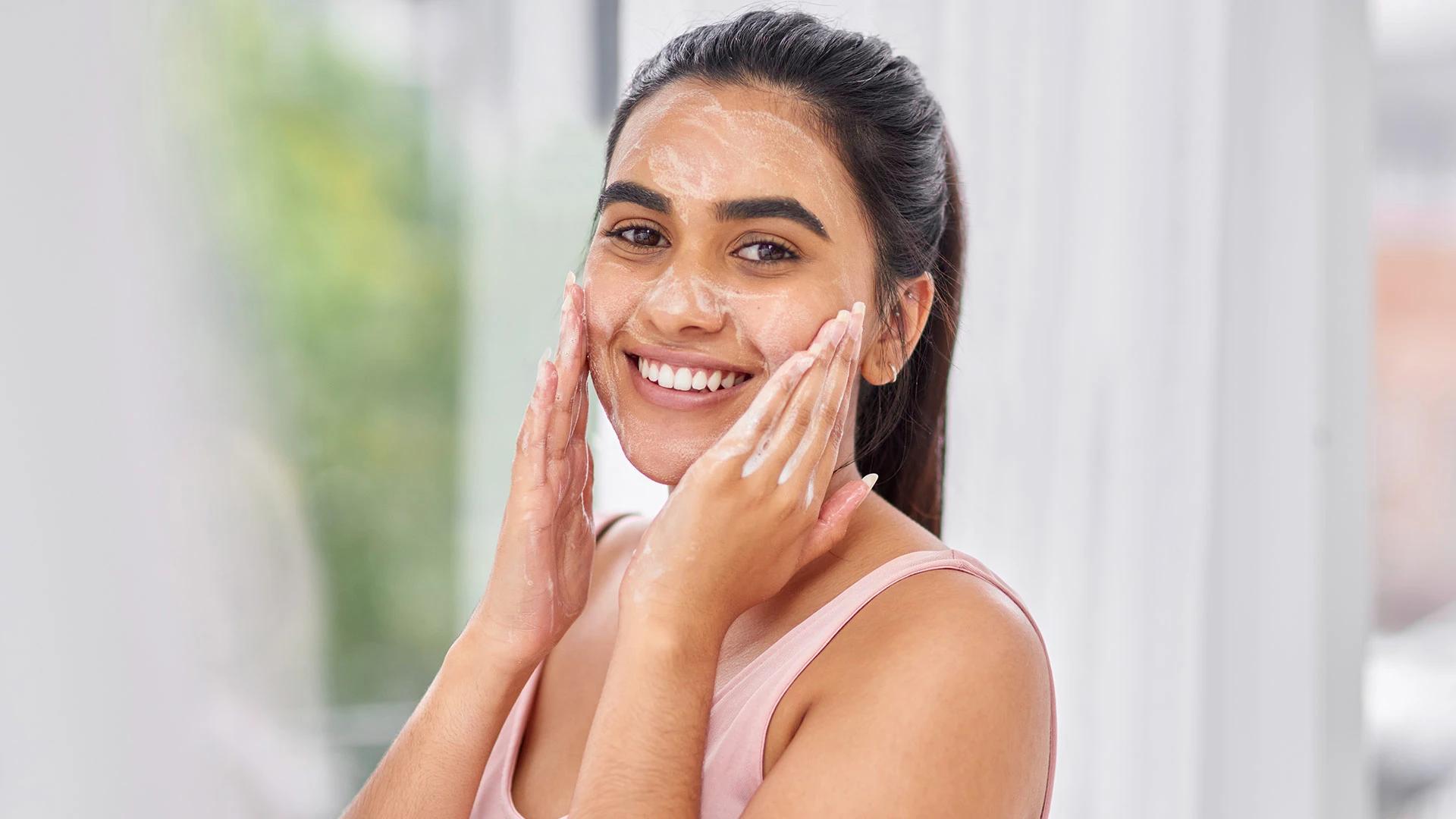Using your chosen soap correctly is just as important as picking the right one. The way you apply it, how often you use it, and what you pair it with can make or break your results. Let's dive into the practical bits that'll help you get the most out of your investment.
Proper Application Techniques
Start by wetting your skin with lukewarm water—hot water can be too harsh and strip natural oils. Work the soap into a rich lather in your hands before applying to your face or body. Gently massage in circular motions for about 30 seconds, paying extra attention to areas with dark spots or uneven tone. Rinse thoroughly with cool water to close pores and pat dry with a clean towel. Never rub aggressively, as this can cause irritation and potentially worsen pigmentation issues.
Frequency of Use
When starting out, use your whitening soap every other day to gauge your skin's reaction. If there's no irritation after a week, you can gradually increase to daily use. Some people find that using it only in the evening works best, as it allows time for the skin to recover overnight. Listen to your skin—if you notice excessive dryness or irritation, scale back the frequency. Consistency matters more than intensity when it comes to achieving long-term results.
Complementary Skincare Products
Your whitening soap works best as part of a complete routine. Follow up with a gentle, fragrance-free moisturiser to keep your skin hydrated and healthy. During the day, sunscreen is absolutely non-negotiable—UV protection prevents new dark spots from forming whilst allowing your current treatment to work effectively. Consider adding a vitamin C serum in the morning for extra brightening power, and perhaps a gentle exfoliant once or twice a week to help cell turnover.
Potential Side Effects and Precautions
Let's chat about the not-so-fun stuff that you should know before diving in. Most people can use whitening soaps safely, but being aware of potential side effects helps you use them smartly. Common reactions include mild dryness, slight redness, or initial purging where your skin might break out as it adjusts.
More serious concerns can arise from overuse or using products that are too strong for your skin type. These might include severe irritation, increased sensitivity to sunlight, or paradoxical darkening if your skin reacts poorly. Always do a patch test on a small area before full application. If you're pregnant, breastfeeding, or taking certain medications, check with a healthcare provider first. Remember, gradual improvement is better than rushing and damaging your skin barrier.
Alternatives to Skin Whitening Soaps
Soaps aren't your only option for achieving brighter, more even skin. Effective skin lightening products come in various forms, each with unique benefits. Serums tend to be more concentrated and can target specific areas precisely. Creams offer longer contact time with your skin, allowing active ingredients to penetrate deeper. Face masks provide intensive treatment sessions that can complement your daily routine.
Natural alternatives include DIY treatments with ingredients like lemon juice, honey, or oatmeal, though these tend to be milder and slower-acting. Some people prefer combining different product types—using a gentle whitening soap for daily cleansing whilst incorporating a targeted serum for problem areas. The key is finding what works for your lifestyle, budget, and skin preferences.


 200ml
200ml Combo
Combo 50 ml
50 ml 300 ml
300 ml